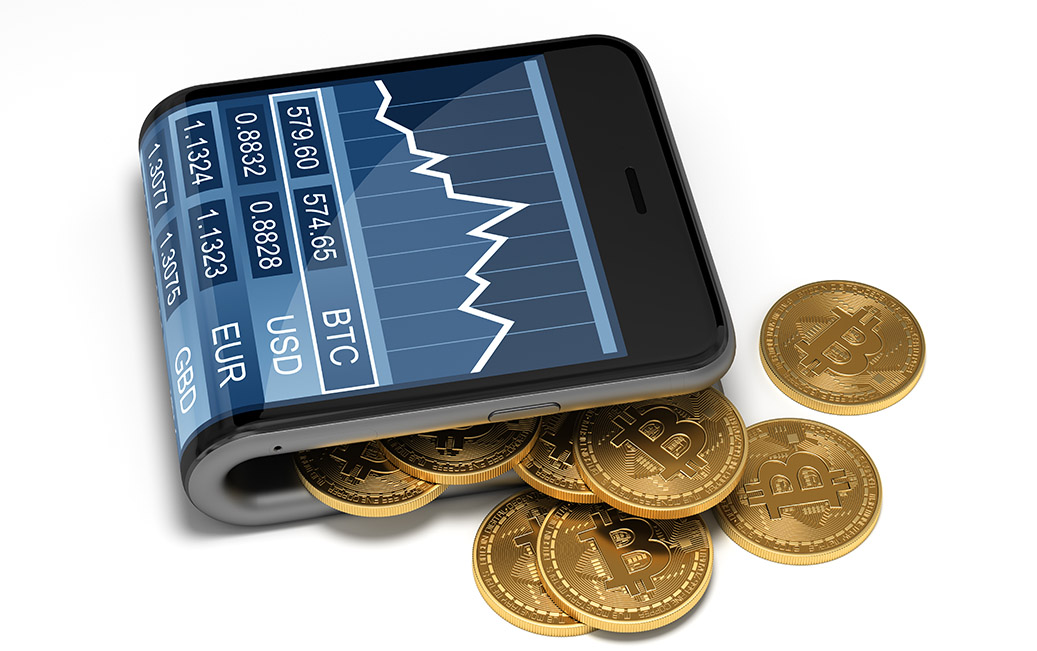Choosing a Bitcoin Wallet
Video Guide to Bitcoin Wallets
A 1-minute explaination video of how to set up a Bitcoin Wallet
You will keep your bitcoins in a "Wallet". All you have to do is decide which type of wallet to use.
Security is a major issue with Bitcoin storage, which is why there are so many different types of wallet, and the type of wallet you select will be based upon your unique needs and expertise. The two main categories of wallet are cold and hot. Cold wallets are not connected to the Internet, whereas hot wallets are. This dictates the basic security features of the wallet, although there are many more options from there.
Hot Wallets
Desktop wallets are probably the easiest to install, but the least secure. They are downloaded onto your computer as an application, and are especially simple to use because they are connected to the Internet. You don't have to worry about plugging in or modifying any hardware with desktop wallets as once they are downloaded, they are already set up to send and receive the virtual currency.
Similar in terms of security, and potentially even easier to use, are mobile wallets. These wallets are great because of their portability, and it's anticipated that they will eventually enable the widespread use of Bitcoins for every day purchases of retail goods and services. The thing to remember with these wallets is they are only as secure as your mobile phone. With all the issues about security that are being raised in the news, you may want to be careful about how much Bitcoin you expose to be potentially being hacked.
Online wallets are extremely simple in terms of operation, but you are usually putting the control of your Bitcoin in someone else's hands. These wallets are stored remotely and work the same way a centralized bank account would. Because of this, there is always the worry that your private key could become compromised, resulting in the loss of your funds. Many of these wallets are set up to be used on a particular exchange.

Cold Wallets
Hardware wallets are perhaps the most technically advanced of all the wallets, and run completely offline. Your private key is stored on the device electronically and has the ability to facilitate payments. Your money is offline and safe, but can be transferred to a recipient quite quickly. There are currently only a few of this type of wallet but that is expected to change as the use of Bitcoin becomes more commonplace.
Finally, there are paper wallets, which is when your private and public key are noted down on paper. While this method is technically impossible to hack, it can be very impractical and come with its own host of security issues as the piece of paper containing your unique key could be lost, stolen or accidentally destroyed.
It would be entirely reasonable to have a combination of different types of wallet depending or your individual needs and circumstances. However, it is important to understand the pros and cons of each type, particularly in terms of security, so that you can make an informed decision.

